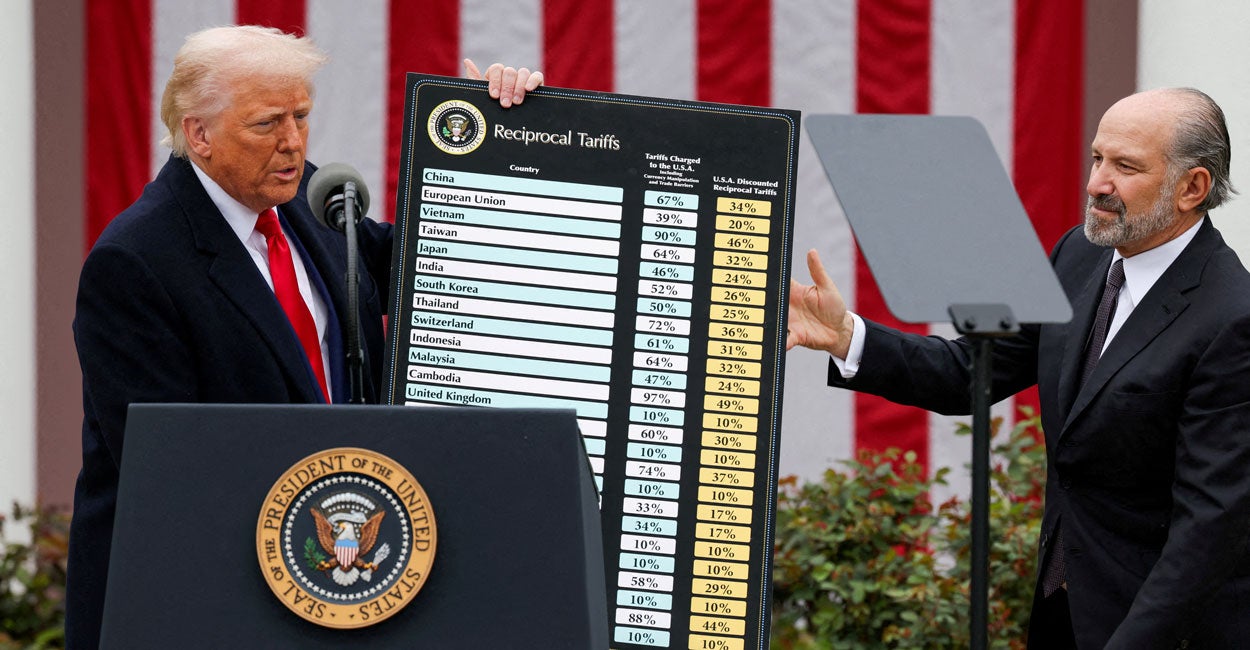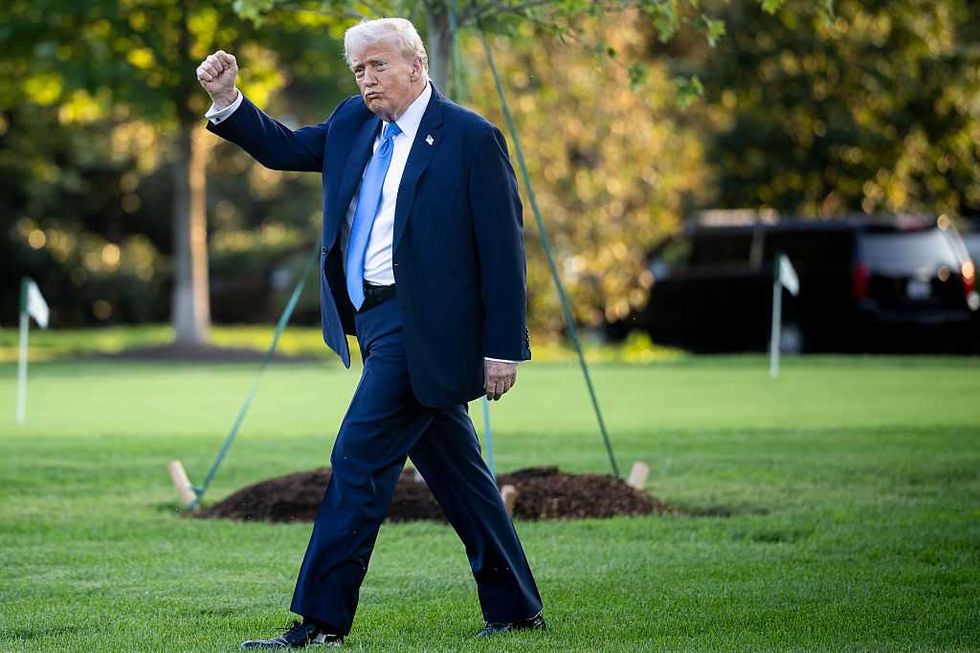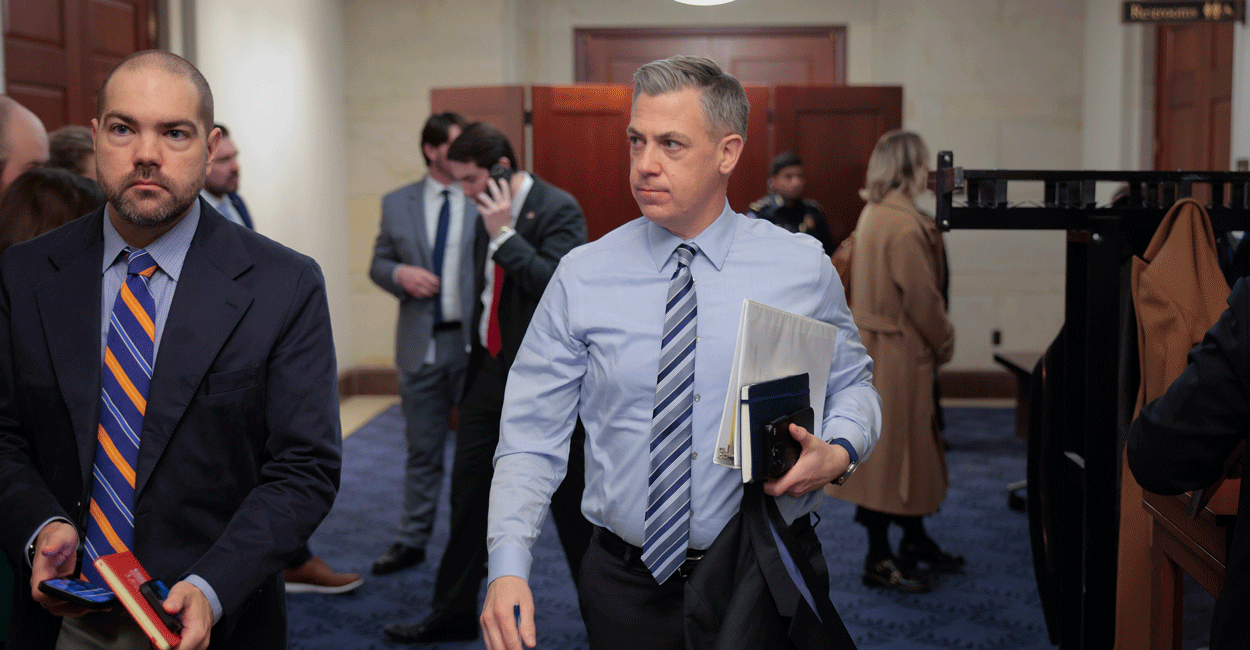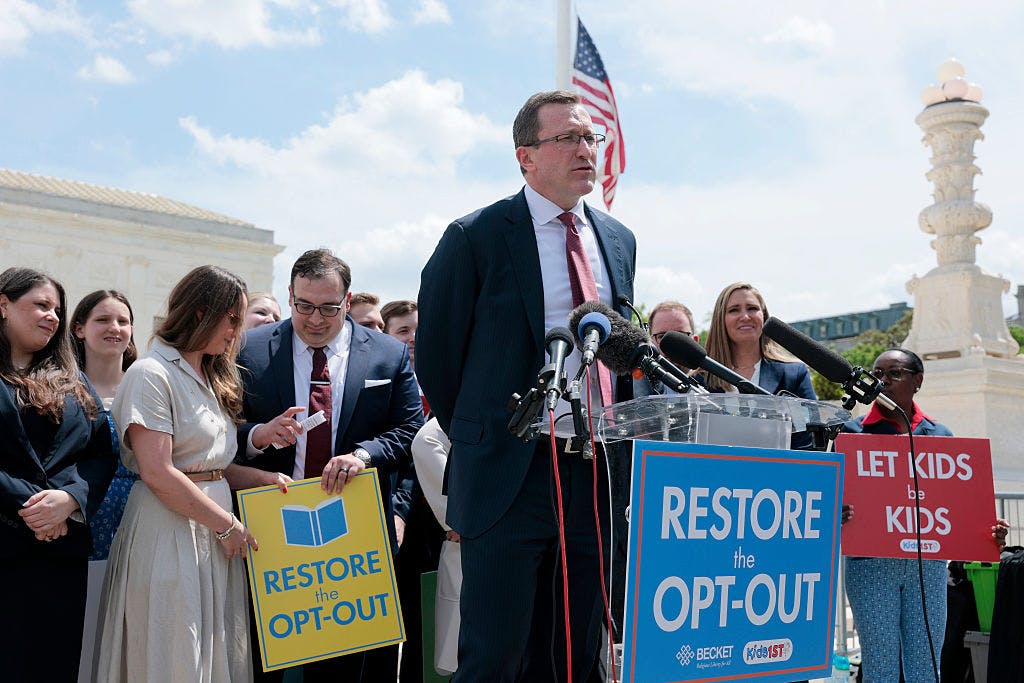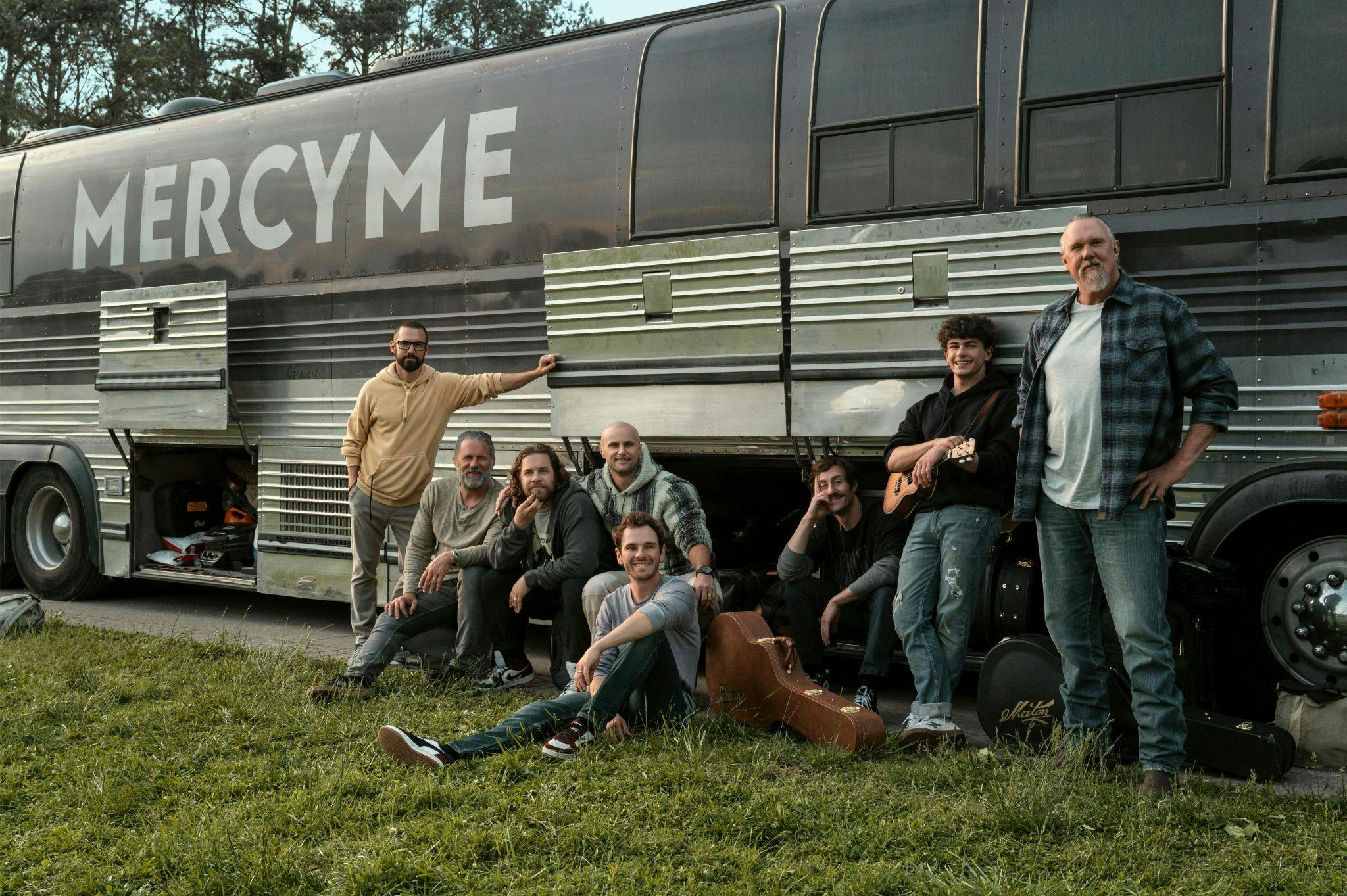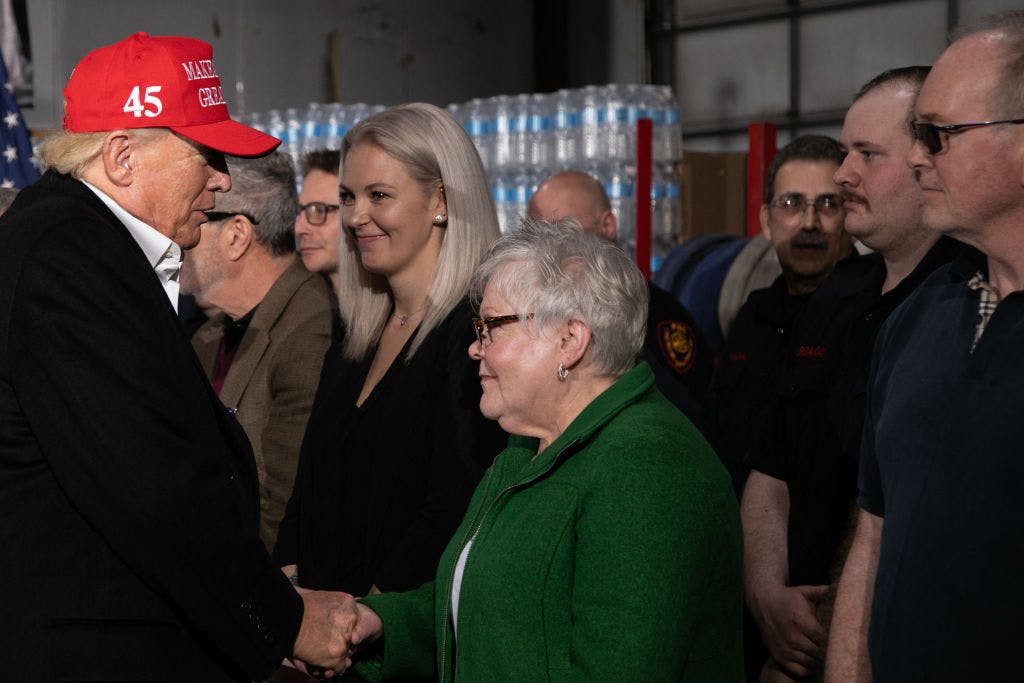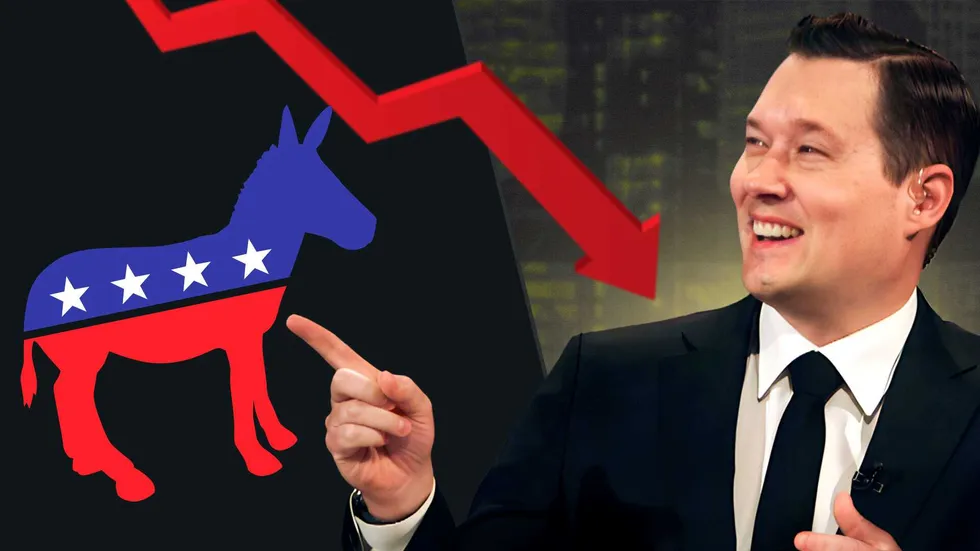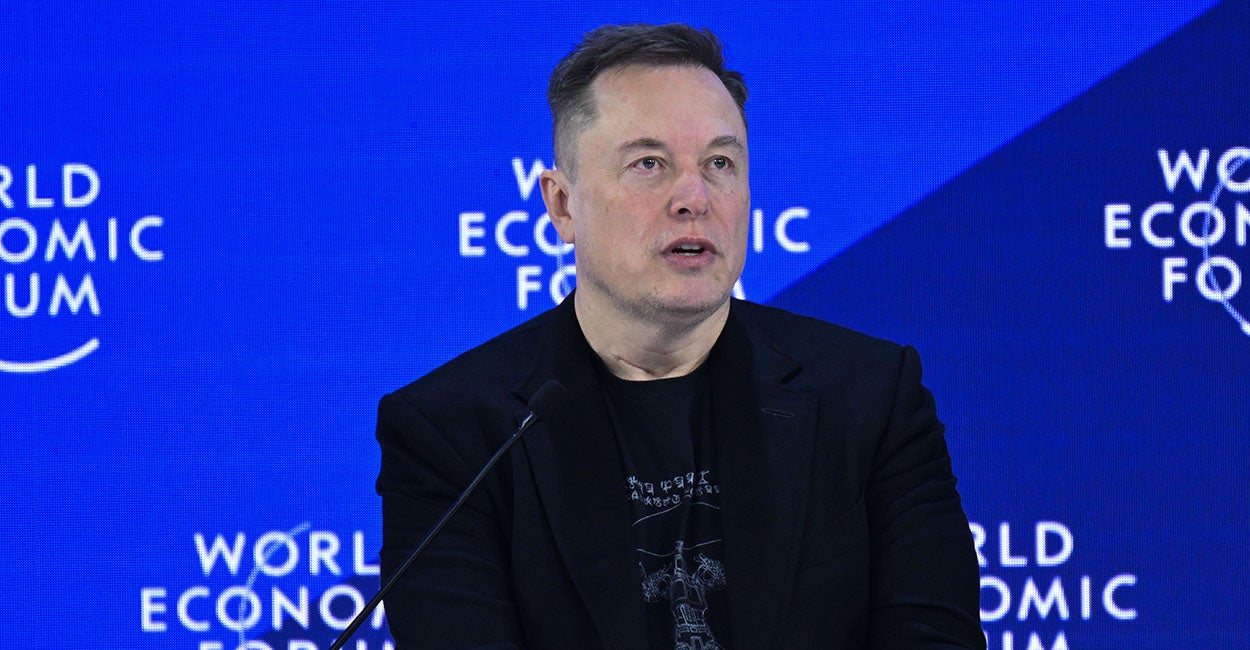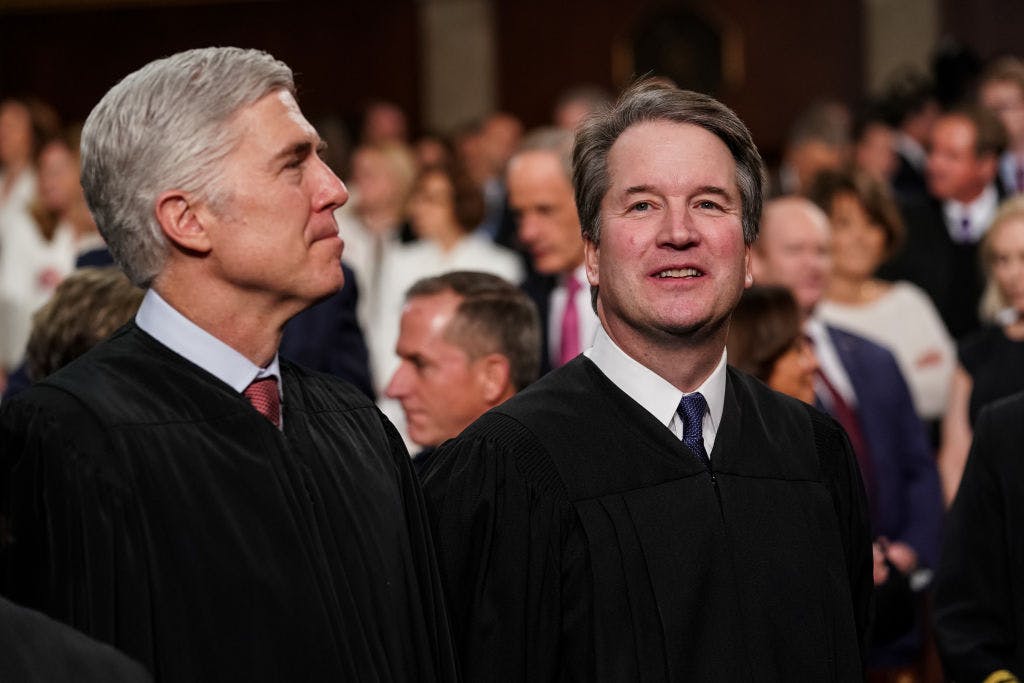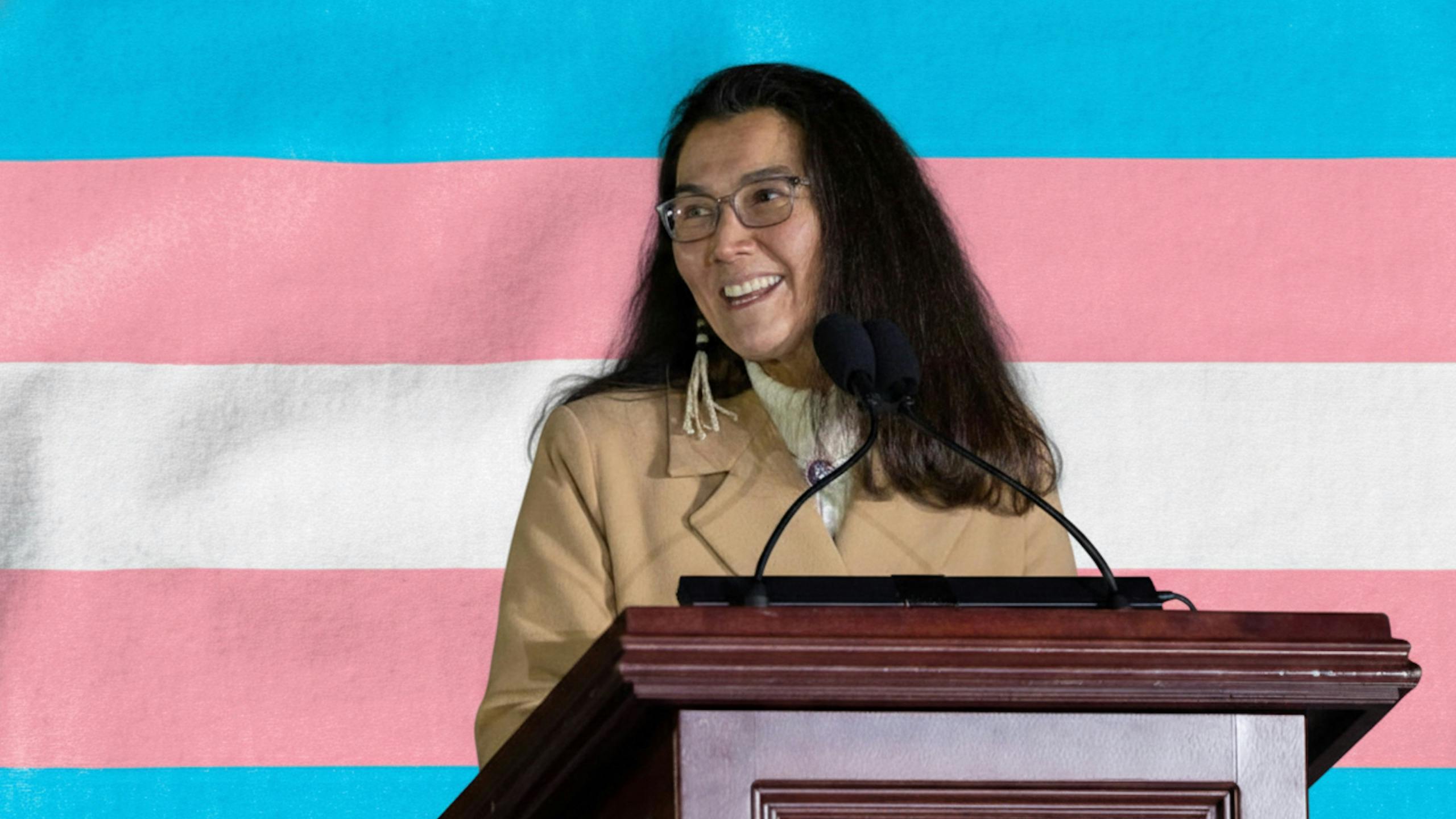Silent pandemic: How Big Tech is exploiting your children
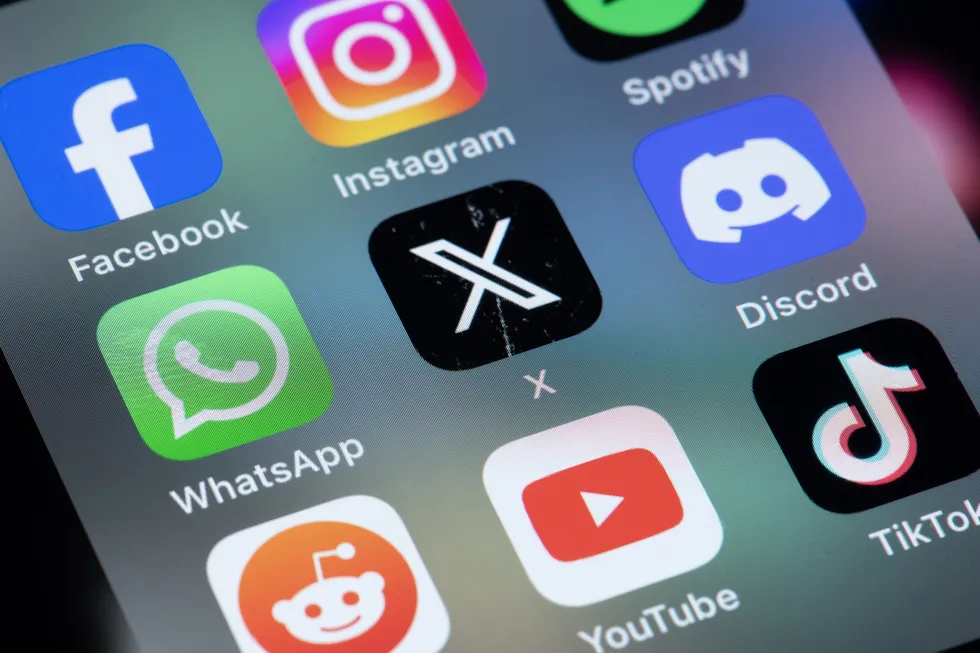
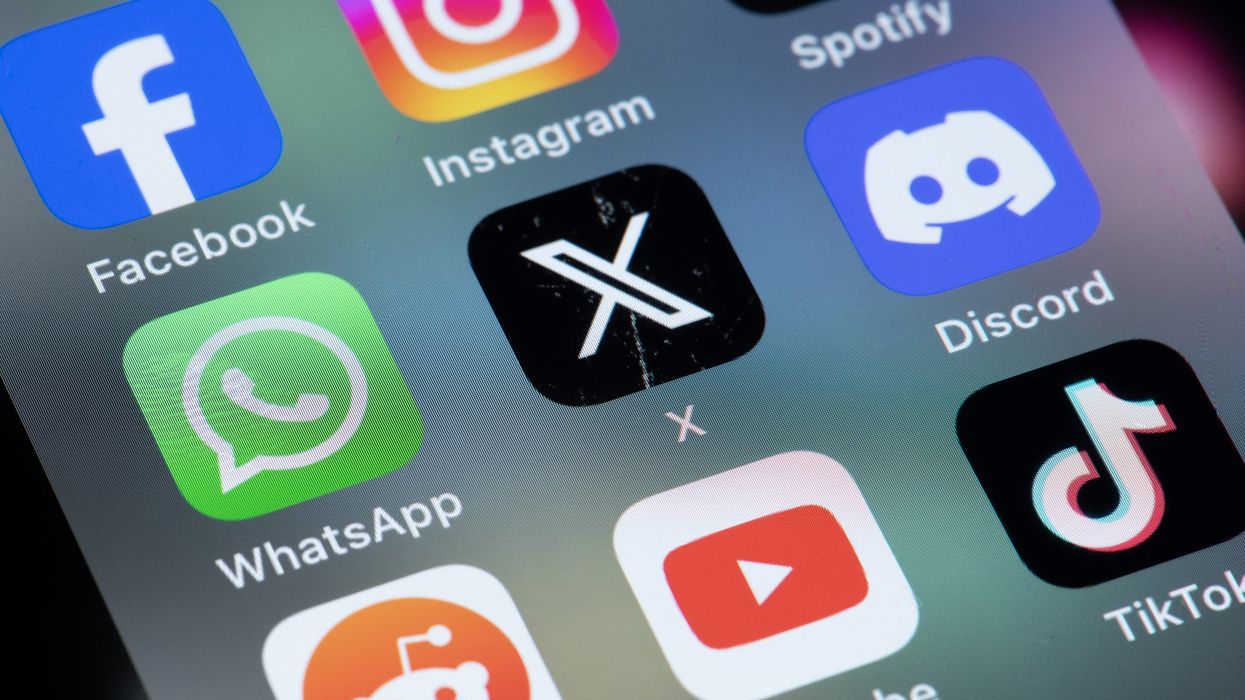
One of the greatest public health issues facing the youngest generations in America is the pandemic of the online exploitation and abuse of children.
Live Your Best Retirement
Fun • Funds • Fitness • Freedom
We’ve all heard stories about how this happens. They are tragic and yet preventable. A Rhode Island man, for example, was recently indicted by a federal grand jury for allegedly communicating with a minor female on several social media platforms, enticing her to send him photographs of herself, and meeting with her to “engage in illicit sexual activity.” And a New York man was indicted for allegedly luring two 11-year-old boys through Snapchat before meeting them in person and sexually assaulting them.
We can’t continue to fight a raging forest fire with a squirt gun.
Parents often have a false sense of security, thinking that these things can’t possibly happen to their children.
But the numbers tell a different story.
Industrial scale
In 2024, the National Center for Missing and Exploited Children received 20.5 million reports of suspected child sexual exploitation containing more than 62.9 million images or videos of children as young as infants and toddlers to its CyberTipline and reported a 192% increase in online enticement cases since 2023.
Another disturbing trend is that NCMEC’s CyberTipline received more than 1,300 reports with a nexus to a violent online group — an increase of more than 200% since 2023.
Younger and younger children are being targeted “on an industrial scale” by internet groomers, with a threefold increase in imagery showing 7- to 10-year-olds. The FBI has warned that global financial sextortion is one of the fastest-growing crimes targeting children, minor boys in particular. Young people (10-16 years old) who accessed or shared sexual content or images of cyberbullying or violence had up to a 50% higher risk for thoughts of suicide.
Social media experts are also warning about the impact of social media on youth mental health. Former U.S. Surgeon General Vivek Murthy called it the “defining public health challenge of our times.” Even teens (48%) report that social media sites have a mostly negative effect on their peers.
These numbers demand wholesale and urgent changes.
Time to act
First and foremost, Big Tech must be held responsible and accountable to put the safety of youth over profits. Meta, TikTok, X, Snap, and Discord combined spent $30 million on lobbying in 2023. Big Tech companies made $11 billion in ad revenue from minor children in 2022, according to a study from the Harvard T.H. Chan School of Public Health.
Big Tech does not want accountability, so our elected officials must ramp up efforts to win the war Big Tech is waging against our children.
RELATED: How Big Tech hijacked the classroom — and our kids are paying the price
 gguy44/iStock/Getty Images Plus
gguy44/iStock/Getty Images Plus
We can’t continue to fight a raging forest fire with a squirt gun. The advent of AI is only escalating exponentially online crimes against children. Congress must take bold action to pass solutions like the Kids Online Safety Act, which requires social media companies to provide safeguards and tools for minors and parents and to enable the strongest safety settings by default. It also creates a duty of care for online platforms to prevent and mitigate harms to children.
Congress must also consider sunsetting Section 230 of the Communications Decency Act, which Big Tech has used for decades as its liability shield to avoid legal accountability for harms happening to children.
Leadership required
The battle for our children ultimately starts at the top.
President Trump has both the challenge and opportunity through the presidential appointment process, directives, policies, a robust legislative agenda, and the signing and implementation of the Children’s Internet Safety Presidential Pledge to fight this war on all fronts to make the internet safe for children and families for the first time in history. Over 80 organizations and survivor leaders joined my organization, Enough Is Enough, in calling on the president to prioritize the prevention of the online exploitation of youth.
President Trump recently signed the bipartisan-supported Take It Down Act into law, requiring websites to remove intimate images published without someone’s consent, including AI-generated deepfake pornography, within 48 hours of notification. Many parents whose children were victims of sextortion fought for this solution to help protect children from being victims of this horrific crime.
An entire generation will be lost if online threats to children are not mitigated now.
These same parents, along with many anti-exploitation organizations, recently joined forces to fight against Big Tech efforts to thwart state-level online child protection laws by the U.S. Congress’ ill-intentioned 10-year AI moratorium provision in the budget bill.
Thankfully, it was removed this time. But Big Tech will not stop trying to evade accountability for protecting our children.
Golden digital age
Parents are the first and last line of defense for their children’s safety online. Enough Is Enough provides current educational information, parent-designed curriculums, and video tutorials designed to educate, equip, and empower parents and caregivers about how to better protect their children in the digital world.
However, parents cannot do this alone. There are shared responsibilities between the public, corporate America, government, and faith communities.
We have the tools, the technology, and the ability to make the internet safer for our children. We have multiple bipartisan bills in Congress moving forward. We have a take-action president who makes the impossible possible. But do we have the will?
An entire generation will be lost if online threats to children are not mitigated now.
The golden age of America is not possible unless it includes a golden digital age that prioritizes safeguarding the innocence and dignity of America’s future: our children.
Originally Published at Daily Wire, Daily Signal, or The Blaze
What's Your Reaction?
 Like
0
Like
0
 Dislike
0
Dislike
0
 Love
0
Love
0
 Funny
0
Funny
0
 Angry
0
Angry
0
 Sad
0
Sad
0
 Wow
0
Wow
0


